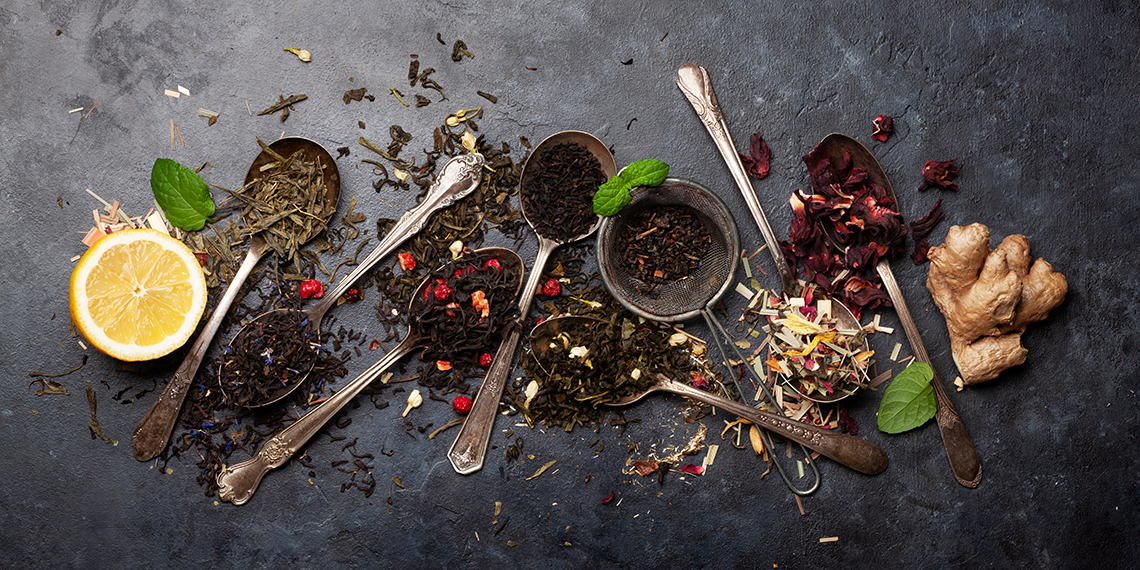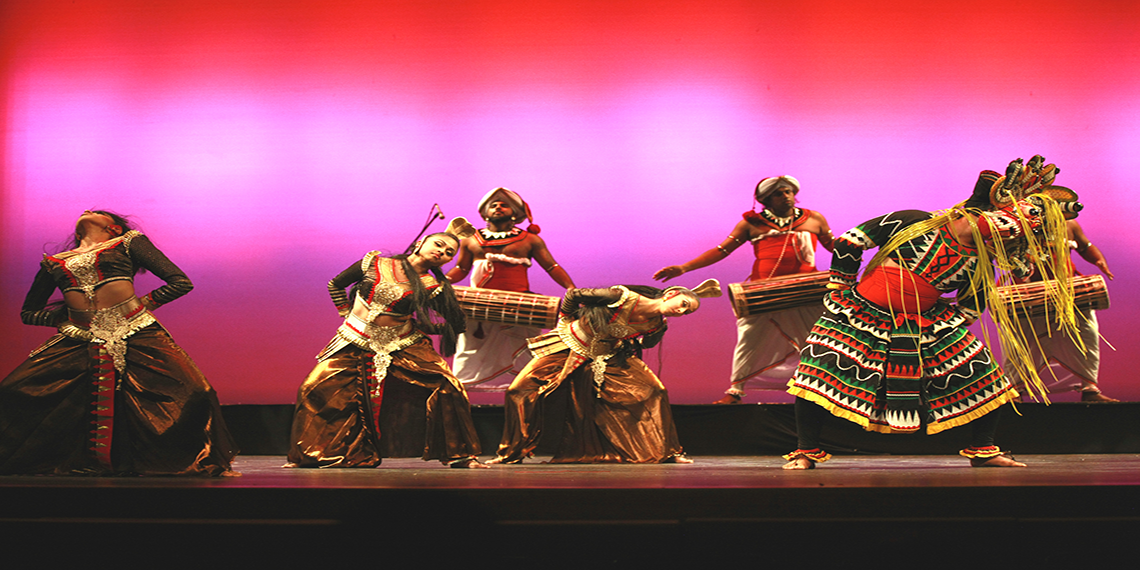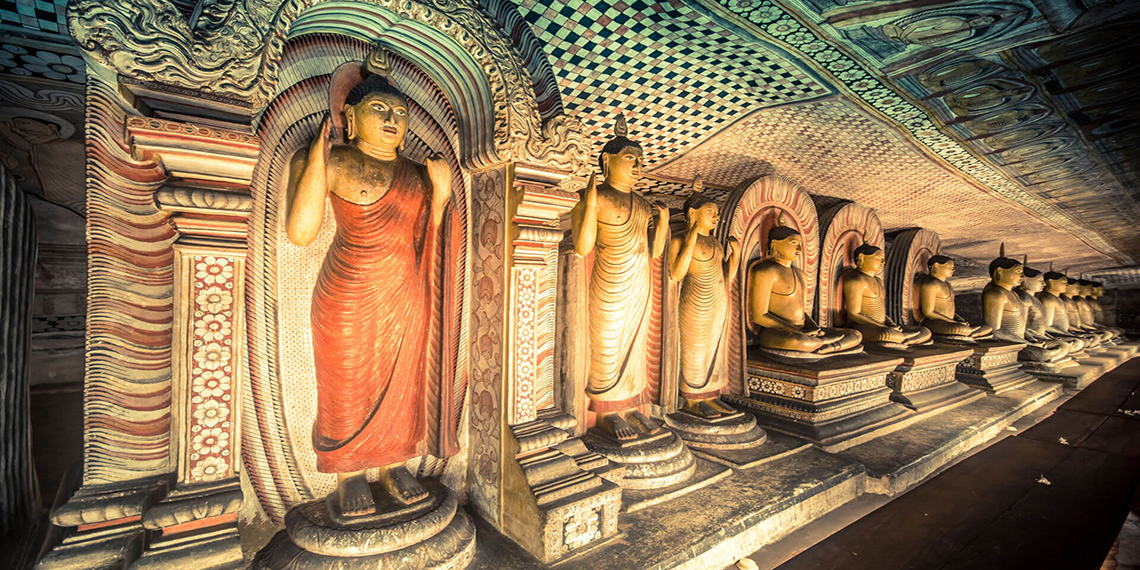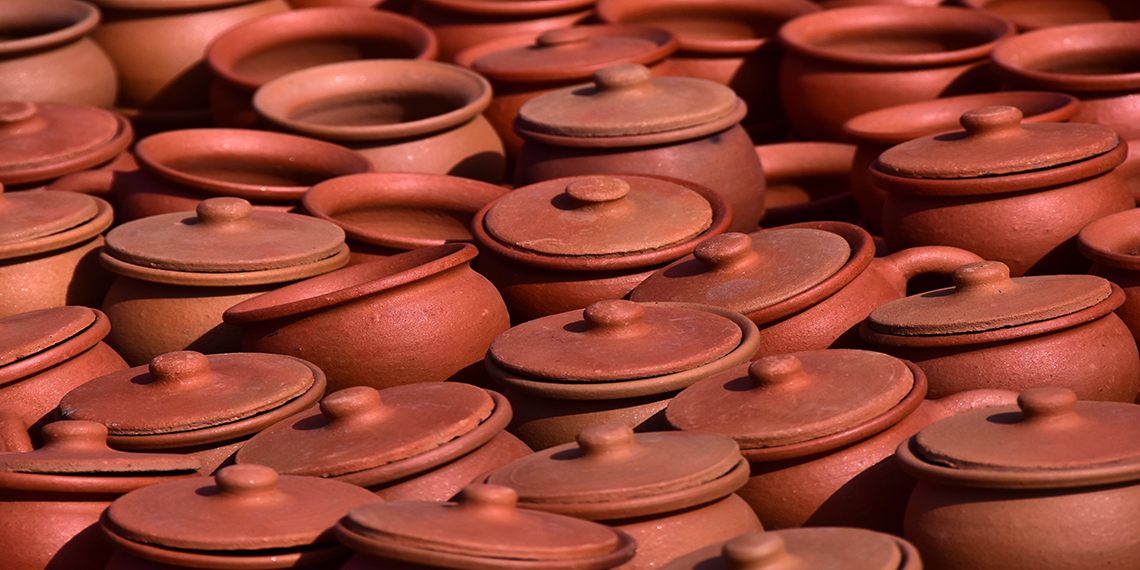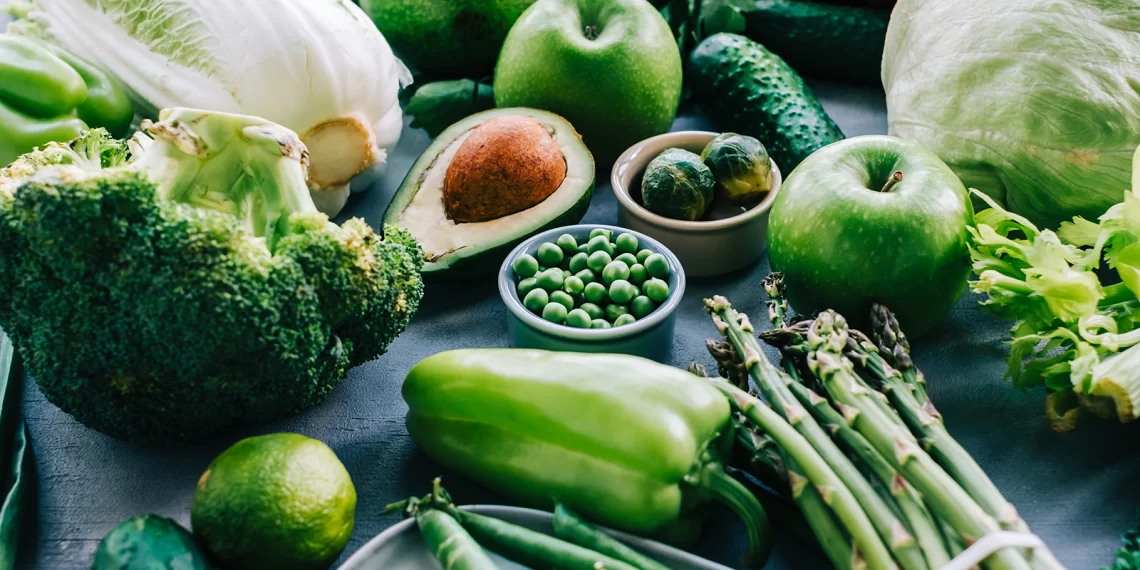Ceylon tea, named after the former name of Sri Lanka, is a well-known variety of tea that is steeped in history and cultural significance. The island nation of Sri Lanka has been producing tea for over a century and it has become one of the country’s most important exports. In this article, we’ll delve into the story of Ceylon tea, from its origins to its cultural importance and everything in between.
The History of Ceylon Tea

Tea was first introduced to Sri Lanka in the early 19th century by British colonial rulers. Initially, tea was grown as an ornamental plant, but its popularity soon grew, and by the late 19th century, tea had become a major export for the country. The tea industry in Sri Lanka expanded rapidly, and by the turn of the 20th century, Ceylon tea was well on its way to becoming a household name around the world.
One of the reasons Ceylon tea became so popular was due to its unique flavor profile. Ceylon tea is a black tea, which means it undergoes full oxidation during processing, giving it its strong flavor and deep color. Ceylon tea is known for its bright, full-bodied flavor with a hint of astringency, and it quickly became a sought-after commodity around the world.
The tea industry in Sri Lanka was also boosted by the expansion of the railway system in the country, which made it easier to transport tea from the growing regions to the ports for export. The tea industry continued to grow and thrive throughout the 20th century, and today, Ceylon tea remains one of Sri Lanka’s most important exports.
The Characteristics of Ceylon Tea

Ceylon tea is not only popular due to its unique flavor profile, it is also known for its high quality and sustainability. Ceylon tea is graded based on its leaf size, with larger leaves generally considered higher quality. The grading system helps to ensure that only the highest quality tea is exported, and it has become a hallmark of Ceylon tea.
In addition to its grading system, Ceylon tea production is carefully controlled to ensure sustainability and quality. The tea is grown in various regions throughout Sri Lanka, with different growing regions having a unique impact on the flavor and quality of the tea. For example, tea grown in the high-altitude regions of Sri Lanka is often considered to be of higher quality due to its unique flavor profile.
The production process of Ceylon tea is also carefully controlled to ensure consistent quality. The tea undergoes several steps, including plucking, withering, rolling, oxidation, and drying. The quality of Ceylon tea is largely dependent on the hand-picking and processing techniques used, which must be carefully executed to ensure consistent flavor and quality.
One of the interesting facts about Ceylon tea is that it is grown in a diverse range of climates, from tropical to temperate, which results in a wide range of tea flavors and styles. Ceylon tea can range from light and bright, to full-bodied and bold, and the different growing regions result in teas with distinct flavor profiles. This diversity in flavor and style is one of the reasons Ceylon tea is so popular and sought after around the world.
The Cultural Significance of Ceylon Tea

Ceylon tea is not just an important export for Sri Lanka, it is also deeply woven into the country’s culture and heritage. The beverage is a staple in Sri Lankan cuisine, and its influence can be seen in dishes such as milk rice and tea-smoked fish. Ceylon tea is also used in traditional tea ceremonies and festivals, and is seen as a symbol of hospitality and friendship.
In Sri Lanka, drinking tea is a daily ritual, and it is a central part of social and cultural life. Tea plays a significant role in many aspects of Sri Lankan society, including hospitality, where offering tea is a sign of respect and friendship. In the tea-growing regions, tea is often an integral part of daily life, and the tea estates are communities unto themselves, with schools, hospitals, and other amenities.
Ceylon tea is also an important part of Sri Lanka’s identity and heritage. The tea industry in Sri Lanka was instrumental in bringing about social change, including the empowerment of women, who played a significant role in the tea industry, both as workers and as entrepreneurs. Today, the tea industry continues to be a source of pride for Sri Lankans and a symbol of the country’s rich cultural heritage.

In conclusion, Ceylon tea is not just a delicious beverage, but also a central part of Sri Lanka’s history, culture, and heritage. From its unique flavor profile to its influence on Sri Lankan cuisine and its significance in traditional ceremonies and festivals, Ceylon tea is an important part of life in Sri Lanka. Whether you are a tea connoisseur or simply looking to try something new, Ceylon tea is a must-try for anyone interested in experiencing the rich culture and history of Sri Lanka.


